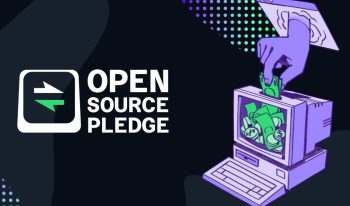Entry points threaten multiple open-source ecosystems
While current tools have improved at detecting common tactics for exploiting open-source packages, a feature remains largely overlooked: entry points.
Security researchers at Checkmarx uncovered how attackers can leverage entry points across multiple programming ecosystems, with a particular focus on PyPI, to trick victims into running malicious code. This method – while not allowing for immediate system compromise – offers a subtler approach for patient attackers to...


















Recent Comments